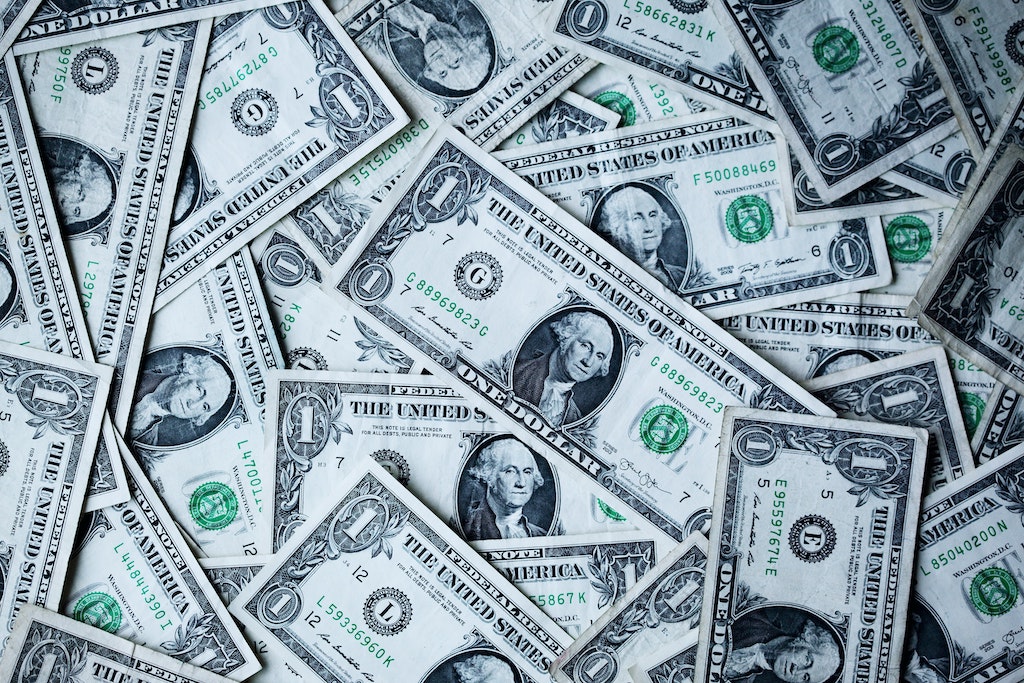What is a Recession?
With inflation on the rise and prices going up all over the country, there is talk in the news about a coming recession. But what is a recession? The term refers to economics and indicates a gradual decline in the business cycle. When spending drops, such as when prices soar during inflation, the economy goes into a recession. Money isn’t circulating as it should as people and families struggle to keep every coin close. What does a recession mean for you and your family? Let’s take a look.
Recession Hits Everyone
A recession is nationwide, therefore it is not a mere inconvenience of high prices that hits a family trying to make ends meet. Businesses and stocks are affected as well. Jobs are cut back, finding employment is slim, and if you are already employed, chances are you won’t be getting a raise or a promotion any time soon. Even though prices are climbing everywhere you look, businesses don’t have the funds to compensate their workers, which means you might struggle all the more with paychecks that cannot keep up with the rising cost of living.
As for stocks, a recession could make their prices fall dramatically. Their prices might also wildly fluctuate as investors seek to buy and trade where there is the slightest sign of good news. While the stock market is unpredictable during a recession, never fear. Investing is played out over many long years, not this small snapshot of time. It is always best to seek solid and steadfast companies whose stocks won’t budge regardless of market performance. Yet even so, you might lose money with your investments. Keep the faith, however, as the economy will eventually turn and you’ll be on the right track once again.
How Does the Economy Recover?
What are some of the ways the economy might recover from a recession? The government might increase their spending while decreasing taxes or cut back on placing more money in circulation. The plan is to make the dollar stretch farther which then causes prices to fall to more manageable levels. Sometimes stimulus checks are issued which act like a defibrillator for the failing economy. If more families have more money, the idea is they’ll spend more and thus get the economy moving again. But stimulus checks could backfire if families and individuals save them or hold off on getting a new job because of them.
Providing workers with new jobs and new job opportunities is one of the classic ways to pull a country out of a recession, yet if stimulus checks continue to be issued and unemployment checks are boosted to compensate for inflation, there’s not a lot of incentive for workers to head back to work, which could make things worse, not better.
All in all, it takes a few months for an economy to pull itself out of a recession. Sometimes longer if it’s a deep one. With more money in circulation, prices for goods and services soar sky high which brings on inflation, and eventually, recession. Times will be tough, of that there is no doubt. However, if you’re smart with your money, you’ll survive to thrive.
To learn more about investing, closing the racial wealth gap, and growing generational wealth for Black and brown families, please visit Financial Joy School and become a part of our financial family.


